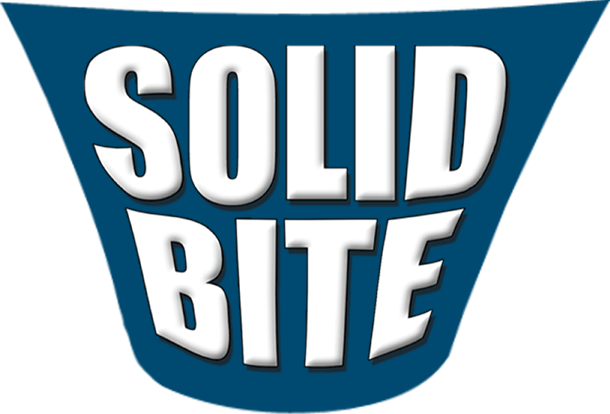Click in jaw will lead to headaches
Does your jaw click when you open and close your mouth?
This condition can worsen and cause headaches, ringing in the ears and the inability to open and close the mouth. You get the picture.
This condition used to be called TMJ (temporomandibular joint). Now it is called TMD (temporomandibular dysfunction). It really doesn’t make any difference what it is called. The fact is that clicks in the jaw are not normal.
Picture this. We have cartilage between every one of our joints. In the case of your jawbone, the cartilage is between the jaw and the skull. It is there to lubricate and to allow you to open and close smoothly.
But the cartilage can become misshapen. The ligaments that hold the cartilage in place can be stretched. The surface of the cartilage and the jawbone can roughen. All of these lead to a deteriorating condition that results in a joint click.
The problem can worsen, producing jaw pain, headaches and may be an important factor in migraines. If we clench or grind our teeth, which most of us do from time to time, that puts additional stress on the delicate cartilage making it even worse.
Most of my patients tell me they don’t grind their teeth, and you may be saying the same thing right now. New research shows that when we grind our teeth, we don’t grind them very loudly. The old concept of being able to hear somebody in the next room grinding their teeth is actually one that is much more the exception than the rule.
Most of us grind our teeth very softly and very lightly and the grinding episodes may be five seconds or less, so nobody would hear you.
But if your front or back teeth are flat, if the edges of your front teeth are three colors (white on the outside, yellow in the middle and white on the inside), you have worn the enamel of your teeth away and could be doing damage to you joints in the process.
The treatment is simple, and the first stage often involves wearing a plastic appliance that fits between the teeth. By wearing this plastic appliance, you can’t close your mouth all the way.
And when you can’t close your mouth all the way, your joint cartilage doesn’t compress either. This allows the cartilage more room and more freedom to heal, particularly at night when you clench and grind your teeth and compress that cartilage unknowingly.
The benefits of appliance therapy can be tremendous: reducing tooth wear, reducing the tendency to crack teeth, and improving headaches and jaw muscle aches.
Lee N. Sheldon, DMD




